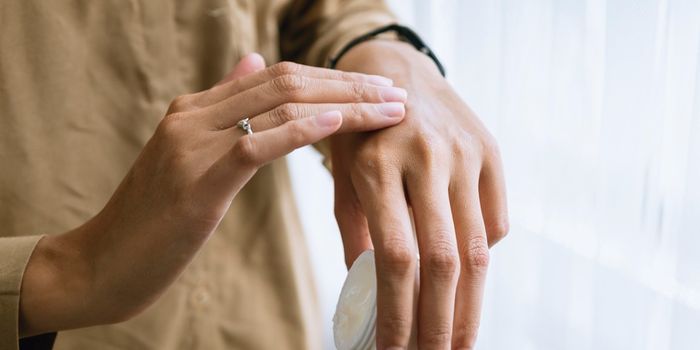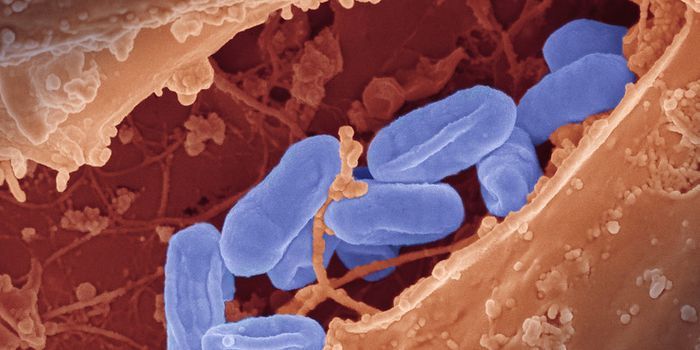Certain Drugs May Raise the Risk of a Severe COVID-19 Infection
A researcher at the Louisiana State University (LSU) Health New Orleans School of Public Health has suggested that some medications may make the coronavirus SARS-CoV-2 more likely to attach to receptors in the trachea, bronchi, and bronchioles called angiotensin-converting enzyme 2 (ACE2) receptors. The coronaviruses is known to bind to these ACE2 receptors, which allows the virus to get into lung cells. If a patient is on certain drugs, it may encourage the infection, leading to pneumonia and respiratory failure after ten to fourteen days, which can be fatal in some people. However, it is still vital that people taking these medications continue to take them; this news should simply serve as a note that these medicated individuals should take every precaution (like self-isolation and proper handwashing) to prevent the virus.
The hypothesis, proposed by James Diaz, MD, MHA, MPH & TM, Dr PH, Professor, and Head of Environmental Health Sciences, may help explain why some COVID-19 patients have serious respiratory complications. It has been reported in the Journal of Travel Medicine.
"Angiotensin-converting enzyme inhibitors (ACEIs) and angiotensin receptor blockers (ARBs) are highly recommended medications for patients with cardiovascular diseases including heart attacks, high blood pressure, diabetes, and chronic kidney disease to name a few," explained Dr. Diaz. "Many of those who develop these diseases are older adults. They are prescribed these medications and take them every day."
In experimental models, intravenous infusions of ACEIs leads to an increase in the level of ACE2 receptors in the cardiopulmonary circulation.
"Since patients treated with ACEIs and ARBS will have increased numbers of ACE2 receptors in their lungs for coronavirus S proteins to bind to, they may be at increased risk of severe disease outcomes due to SARS-CoV-2 infections," noted Diaz.
There is some data to support this hypothesis, Diaz added. In 1,099 confirmed SARS-CoV-2 infections in China, the outcomes for patients that had hypertension, diabetes, coronary artery disease, or chronic renal disease, were worse.
Children may be gaining some protection from infection through this mechanism, because they carry lower levels of ACE2 inhibitors in their lower respiratory tracts, thereby not attracting as many viral particles, Diaz suggested. They may also have higher levels of antibodies generated by coronaviruses that cause colds, he continued.
Future studies will be needed to study this connection, but until then it may be best for people on those medications to be extra careful.
"Patients treated with ACEIs and ARBs for cardiovascular diseases should not stop taking their medicine, but should avoid crowds, mass events, ocean cruises, prolonged air travel, and all persons with respiratory illnesses during the current COVID-19 outbreak in order to reduce their risks of infection."
Sources: AAAS/Eurekalert! via Louisiana State University Health Sciences Center, Journal of Travel Medicine









